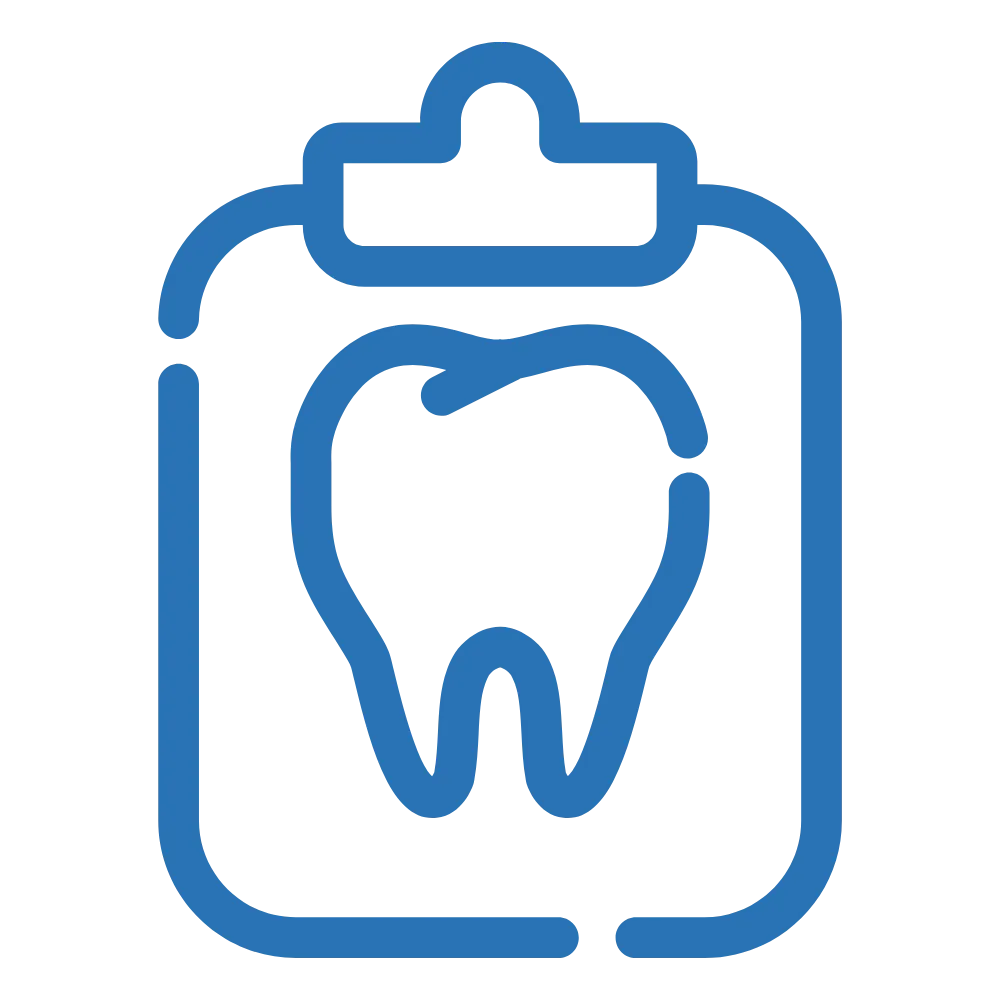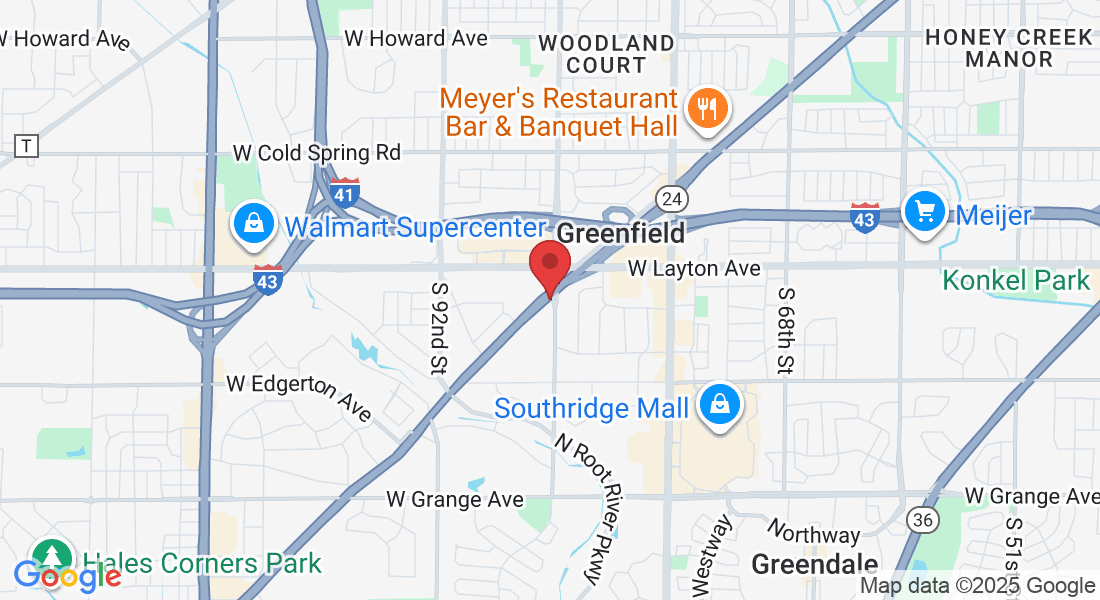TMJ Disorders
Let us help you find solutions, relieve discomfort, and improve your jaw health.
At Oral Medicine of Wisconsin, we specialize in the diagnosis and management of TMJ Disorders (Temporomandibular Disorders), supporting patients with a wide range of jaw joint and muscle conditions that can impact comfort, function, and quality of life.
WHAT ARE
TMJ DISORDERS?
Temporomandibular Disorders (TMD) is an umbrella term that includes a group of conditions affecting the temporomandibular joint (TMJ), jaw muscles, articulating disc, and surrounding structures. These disorders can lead to chronic facial pain, jaw dysfunction, and a reduced quality of life. As oral medicine specialists, we are dedicated to accurately diagnosing and managing TMD to help patients regain comfort and function.
Understanding TMJ Disorders
Temporomandibular Disorders (TMD) refer to a group of conditions that affect the jaw joint and the structures that support its movement. These disorders can impact:
The TMJ (temporomandibular joint): The hinge joint connecting your jawbone to your skull, allowing you to open and close your mouth.
Masticatory muscles: The muscles responsible for moving your jaw during speaking, chewing, and other daily activities.
Articulating disc: A small, shock-absorbing disc that sits between the lower jaw and the cavity in the skull, ensuring smooth jaw movement.
Associated structures: Including the ligaments, tendons, and nerves that support and control jaw function.
TMD can result from jaw clenching, teeth grinding, injury, arthritis, developmental issues, genetic factors, or prolonged stress on the jaw. In rare cases, severe misalignment of the teeth may also contribute.
Common symptoms include jaw pain or soreness, clicking or popping sounds, limited movement or jaw locking, facial pain, headaches, earaches, and neck or shoulder discomfort. These symptoms may come and go, often worsening with jaw use, stress, or poor sleep.

Accurate Diagnosis is Key
TMD is a multifactorial condition. Misdiagnosis can lead to ineffective treatments or unnecessary procedures. At our practice, we use:
Comprehensive clinical evaluation
Diagnostic imaging (when indicated)
Functional assessments of jaw and muscle activity
We also screen for overlapping conditions such as myofascial pain, neuropathic pain, and sleep-disordered breathing.

Specialized, Non-Surgical Treatment Options
TMD is often complex and can mimic or overlap with other medical and dental conditions. A large portion of patients with TMD see multiple other providers such as dentists, dental specialists, ear nose and throat specialists and neurologists before getting an accurate diagnosis and proper treatment.
Unfortunately, a lot of pseudoscience in TMJ Disorder management results in expensive, unnecessary, non-evidence based care. We caution our patients that frenectomy, expanding the roof of your mouth as an adult, and expensive orthodontics are not recommended treatment plans for TMJ disorders.
At our clinic we provide:
Custom oral appliances (nightguards or splints)
Physical therapy and jaw exercises
Behavioral therapy for habit awareness and stress management
Pharmacologic management, including muscle relaxants or anti-inflammatories
Trigger point therapy or other injections, when appropriate
Surgical referral is reserved for select cases where joint pathology is severe and non-invasive treatments have failed.
If you're living with persistent jaw pain, facial discomfort, or other symptoms of TMD, early evaluation can prevent worsening symptoms and improve outcomes. Contact us today to schedule a consultation and begin your path to relief.
Get In Touch
Email:
[email protected]
Address:
8405 W Forest Home Ave, Suite 203, Greenfield, WI 53228
Assistance Hours
Mon – Fri 8:00am – 5:00pm
Saturday/Sunday – CLOSED
Phone Number:
414-401-3144
Fax Number
414-401-3146

